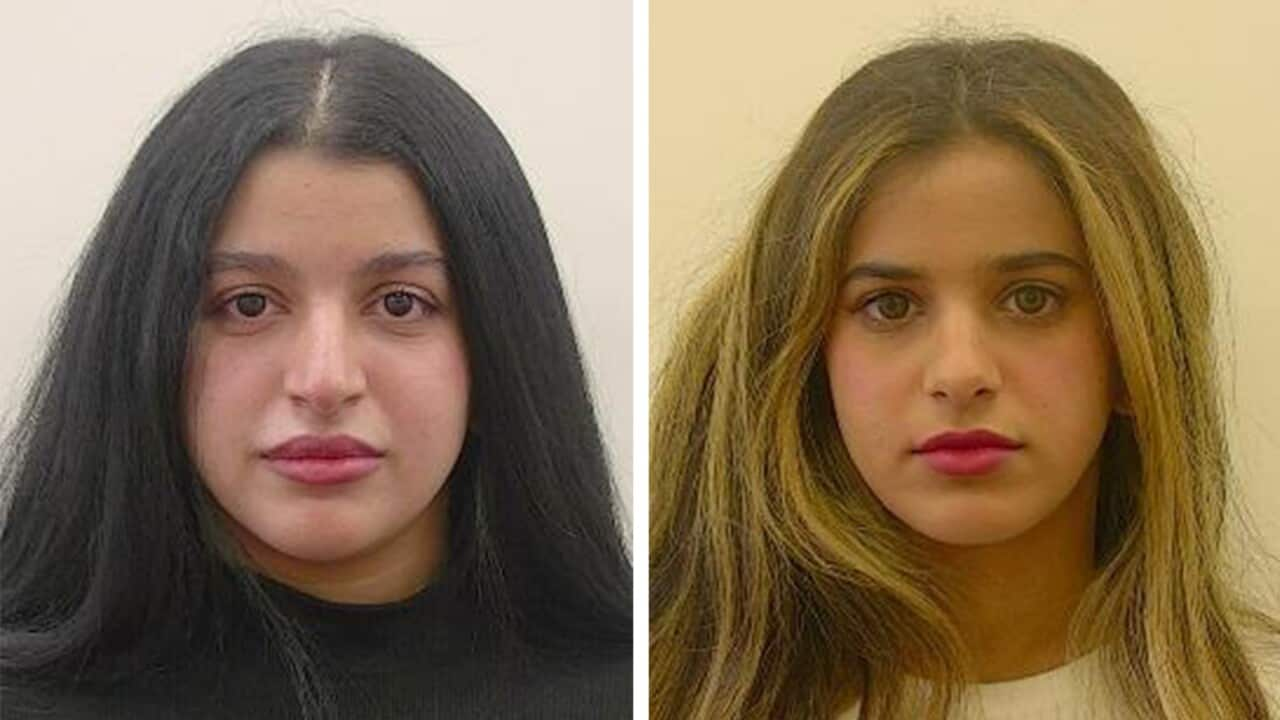Key points:
- The visa is available to women who are at risk of physical and sexual abuse and harassment
- The visa allows women at risk to bring their children, even if they are adults and reside permanently in Australia
- Applicants for this visa are required to be outside their home countries and not under the protection of a male relative
Immigration agent Dr Talat Abu Zeid spoke to the SBS Arabic24 "Good Morning Australia" program about the Visa Subclass 204 available to women at risk.
This visa is provided by the Australian Government to women who experience harassment, persecution, abuse, or harassment on the basis of sex and who do not have a male relative to provide them with the necessary protection
Benefits of the visa
This visa provides women at risk with an opportunity to seek asylum in Australia and live here permanently and allows them to bring their male or female children, even if they are adults.
It also allows its holders to work, study and benefit from healthcare programs and social security assistance provided to Australian citizens.
Dr Abu Zeid pointed out that this visa enables the holder to be sponsored by a family member and apply for a visa to stay in Australia.
Qualifying for the visa
Dr Abu Zeid noted that to qualify for the visa, at-risk women need to be outside Australia and their home countries as well as not being under the care of a male relative.
The male relative in this case does not include a male child
One of the most important conditions for this visa is that women prove they are at risk of persecution, abuse and/or harassment because of their gender.
Dr Abu Zeid also explained that the visa was free of charge and available to all age groups.
“The United Nations often pays for flights and from the moment a woman arrives, the Australian government provides her with assistance and accommodation for four weeks,” he said.
Bringing a partner to Australia
Dr Abu Zeid said that a woman applying for this visa has the right to bring a partner to Australia.
“If a woman holding this visa is divorced or permanently separated from her husband or partner, she is not entitled to bring the same partner until five years have passed," Dr Abu Zeid says.
“If the partner is kidnapped or imprisoned and the applicant declares this at the time of application, then the partner can be brought to Australia and the five-year wait does not apply.”
He also pointed out that many lawyers and immigration agents considered that the holder of this visa did not have the right to bring a partner to Australia until they obtained citizenship or after five years have passed.
“Failure to understand this requirement has caused suffering to a large number of visa holders and prevented them from reuniting with their partners,” Dr Abu Zeid says.





